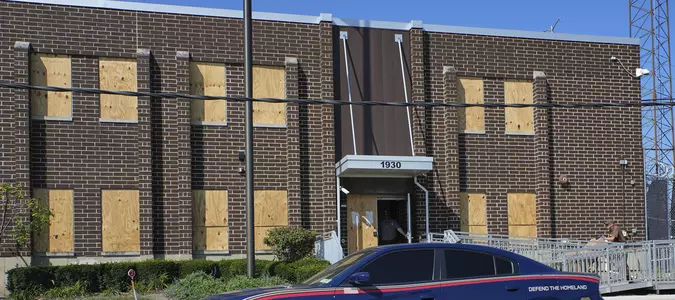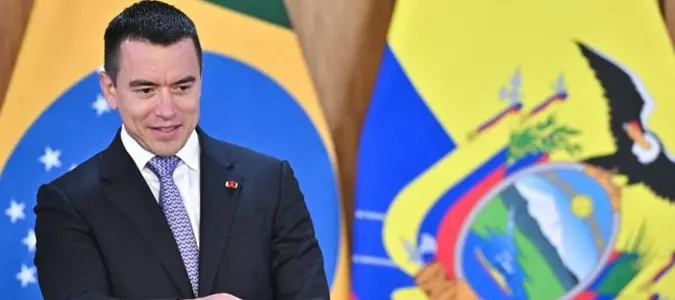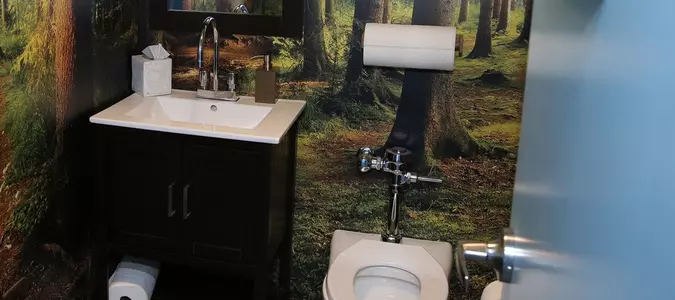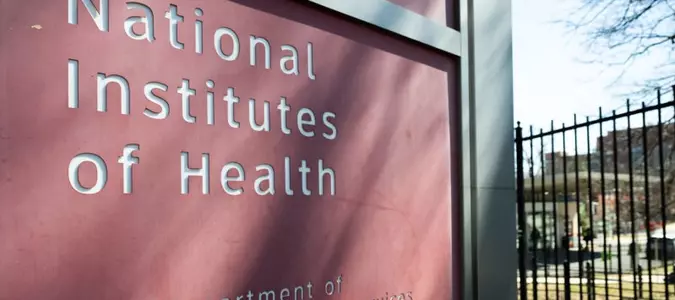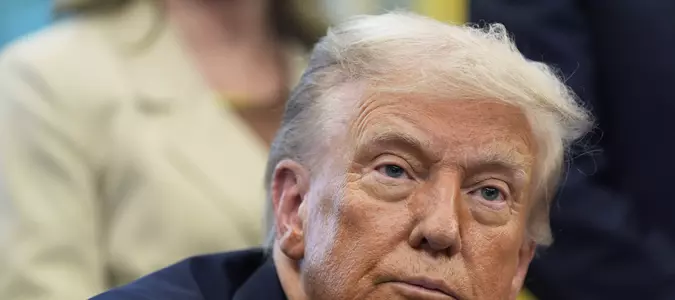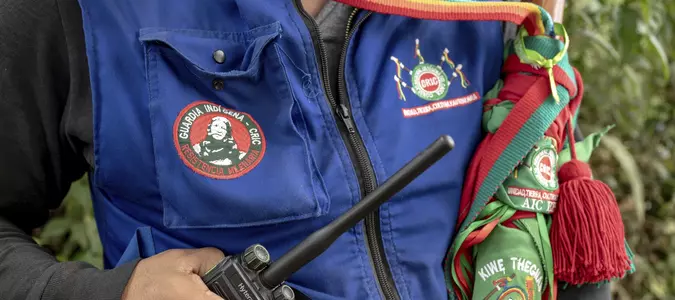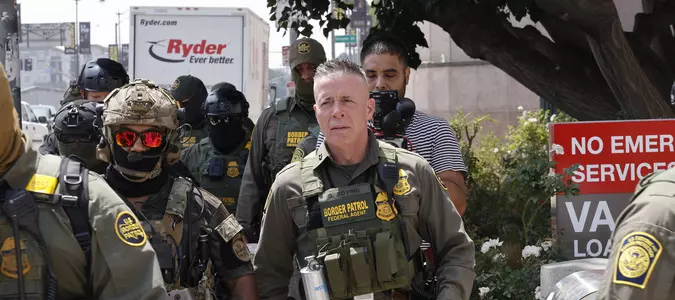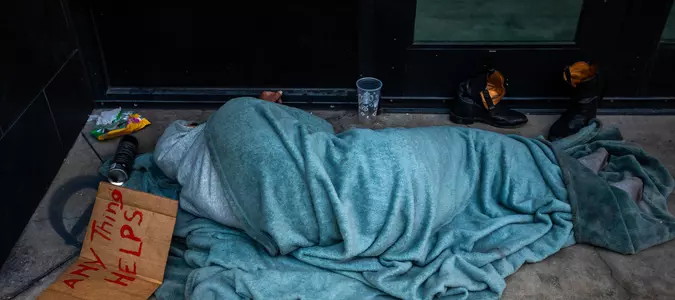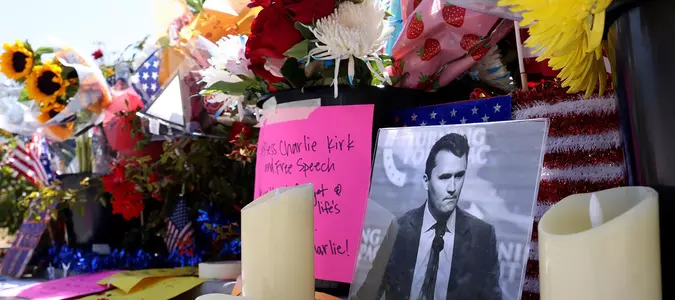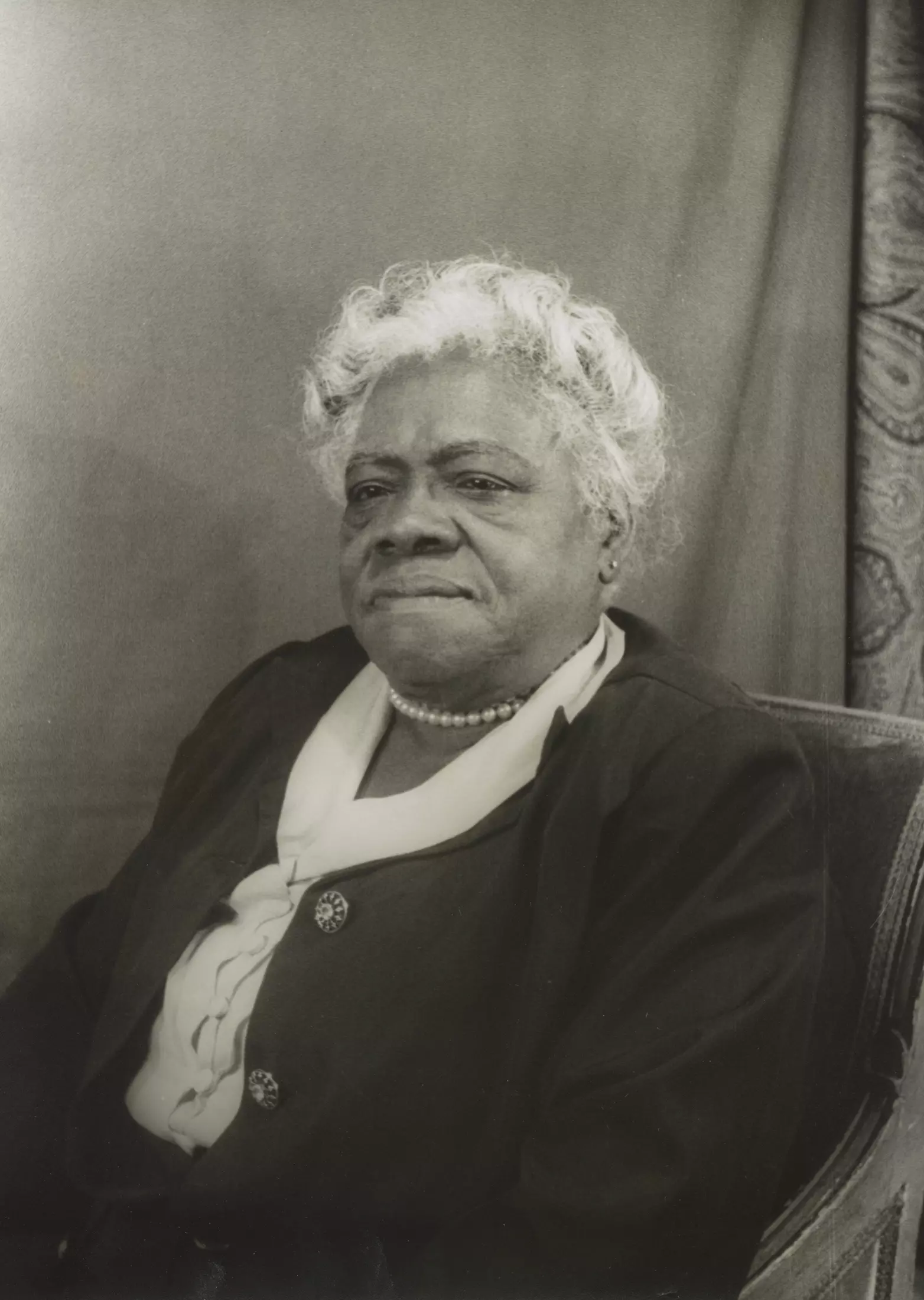

Women's History Spotlight: Mary McLeod Bethune
First and foremost an educator, Mary McLeod Bethune was also a humanitarian, philanthropist and civil rights activist. She overcame the stifling poverty and oppression of the post-slavery South to dedicate her life empowering African Americans, particularly women.
Swipe through to become engrossed in the fascinating life of Mary McLeod Bethune.
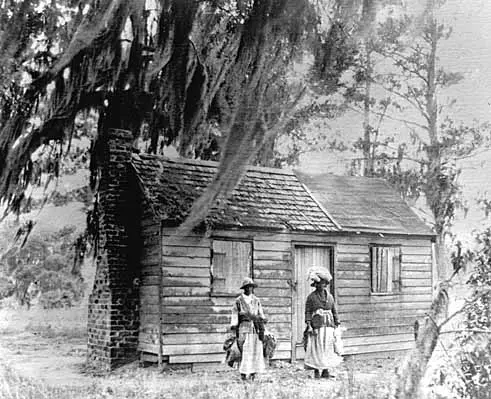
Early Life
Mary Jane McLeod was born in 1875 in Maysville, South Carolina to once-enslaved parents. She grew up picking cotton on her family’s farm until her parents sent her to a mission school where she excelled and won a scholarship to attend Scotia Seminary for Negro Girls in North Carolina. She then went on to study at the Moody Bible Institute in Chicago. She eventually was bestowed with many honorary degrees.
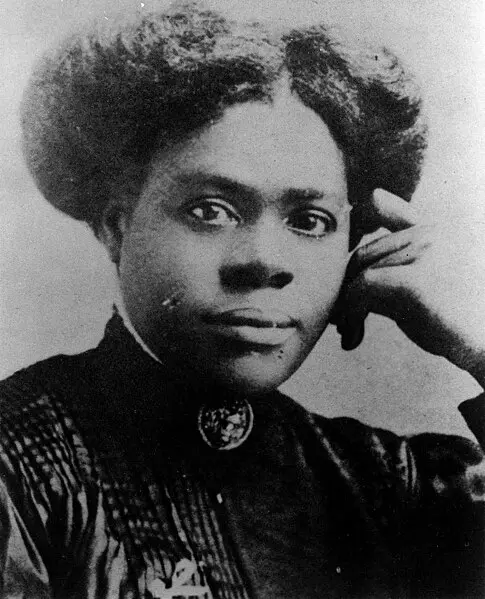
Teaching
While she dreamed of becoming a missionary, no church would sponsor her. So, believing that education was the key to success, she became an educator, teaching at schools in Georgia and in South Carolina. She married a fellow teacher, Albertus Bethune.
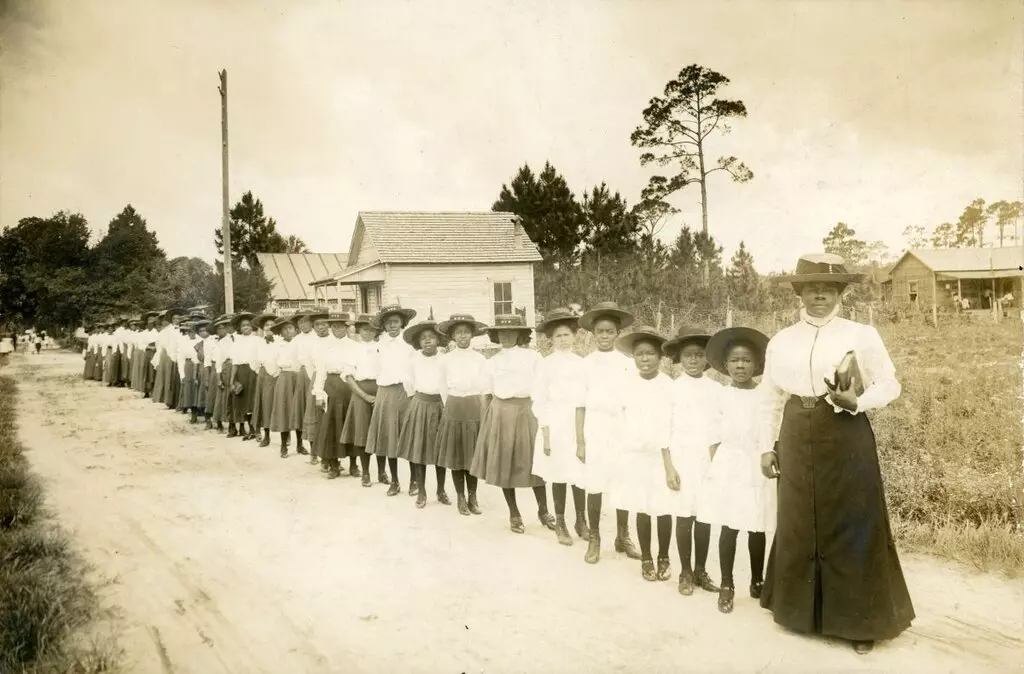
Launching a University
McLeod Bethune and her husband moved to Florida and worked in insurance, but when their marriage failed, she went back to her roots: education. She founded a boarding school, the Daytona Beach Literary and Industrial School for Training Negro Girls. Eventually the school became a college and merged in 1929 with the Cookman Institute to form Bethune-Cookman College (now known as Bethune Cookman University). She served as its president until 1942.
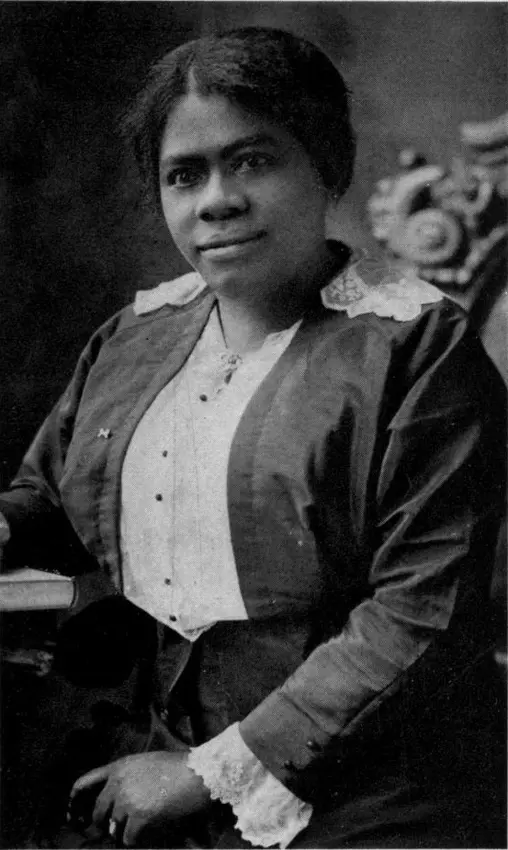
Her Many Involvements
Bethune was active in anti-lynching and desegregation campaigns. She was elected president of the National Association of Colored Women In 1924. In 1935, she founded the National Council of Negro Women, an organization that to this day leads, empowers and advocates for women of African descent. She was also vice president of the NAACP from 1940 to 1955.
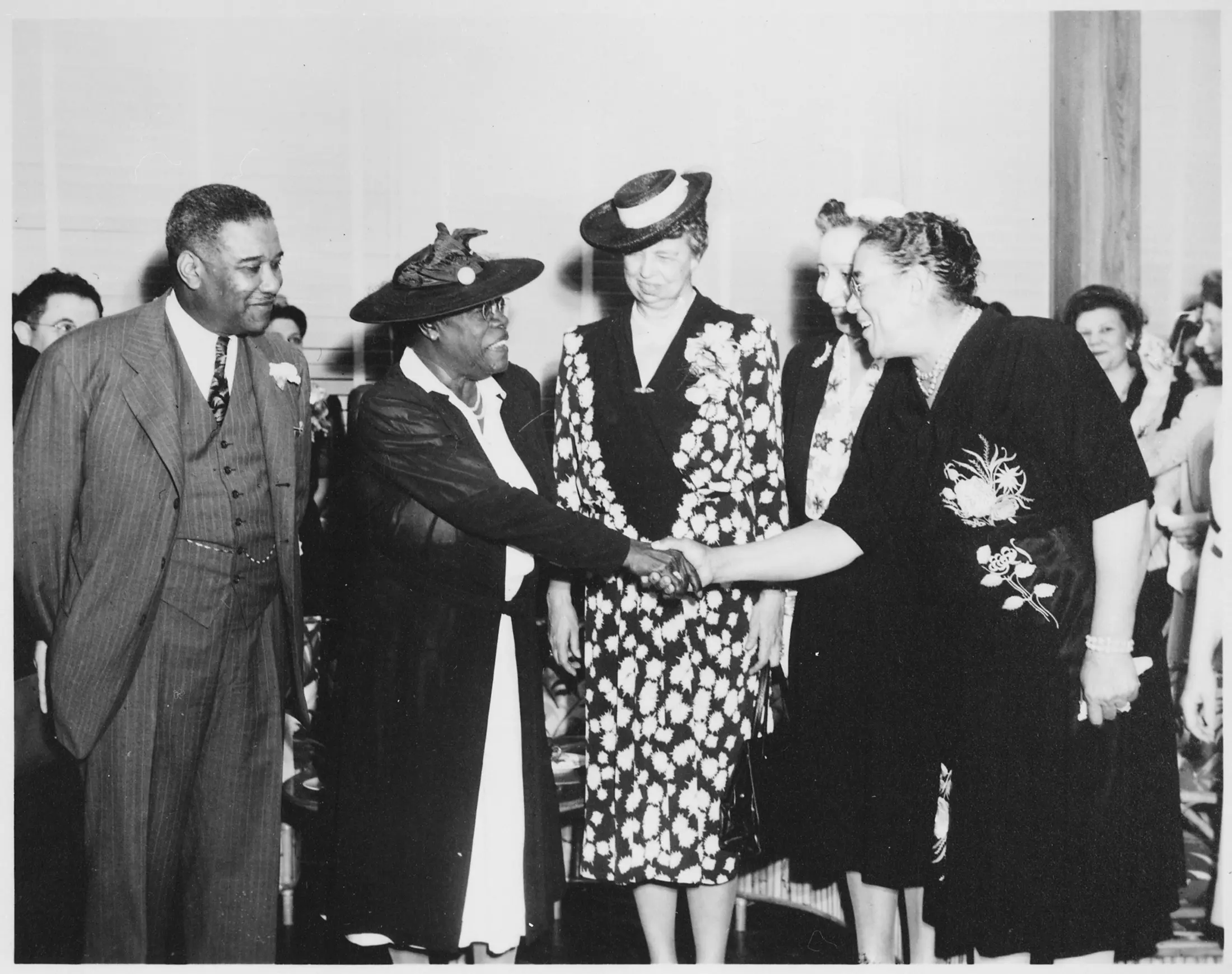
Advisor to Presidents
She participated in special commissions under presidents Calvin Coolidge and Herbert Hoover. Through her work at the federal level, she met and became a friend of Eleanor Roosevelt. The First Lady encouraged her husband, President Franklin D. Roosevelt, to take note of her friend’s skills. This led to Bethune’s leadership role in the construction and implementation of the New Deal and appointment to the Division of Negro Affairs for the National Youth Administration. Bethune was also part of what was known as FDR’s “Black Cabinet,” a small group that advised President Roosevelt on policies relating to Black citizens.
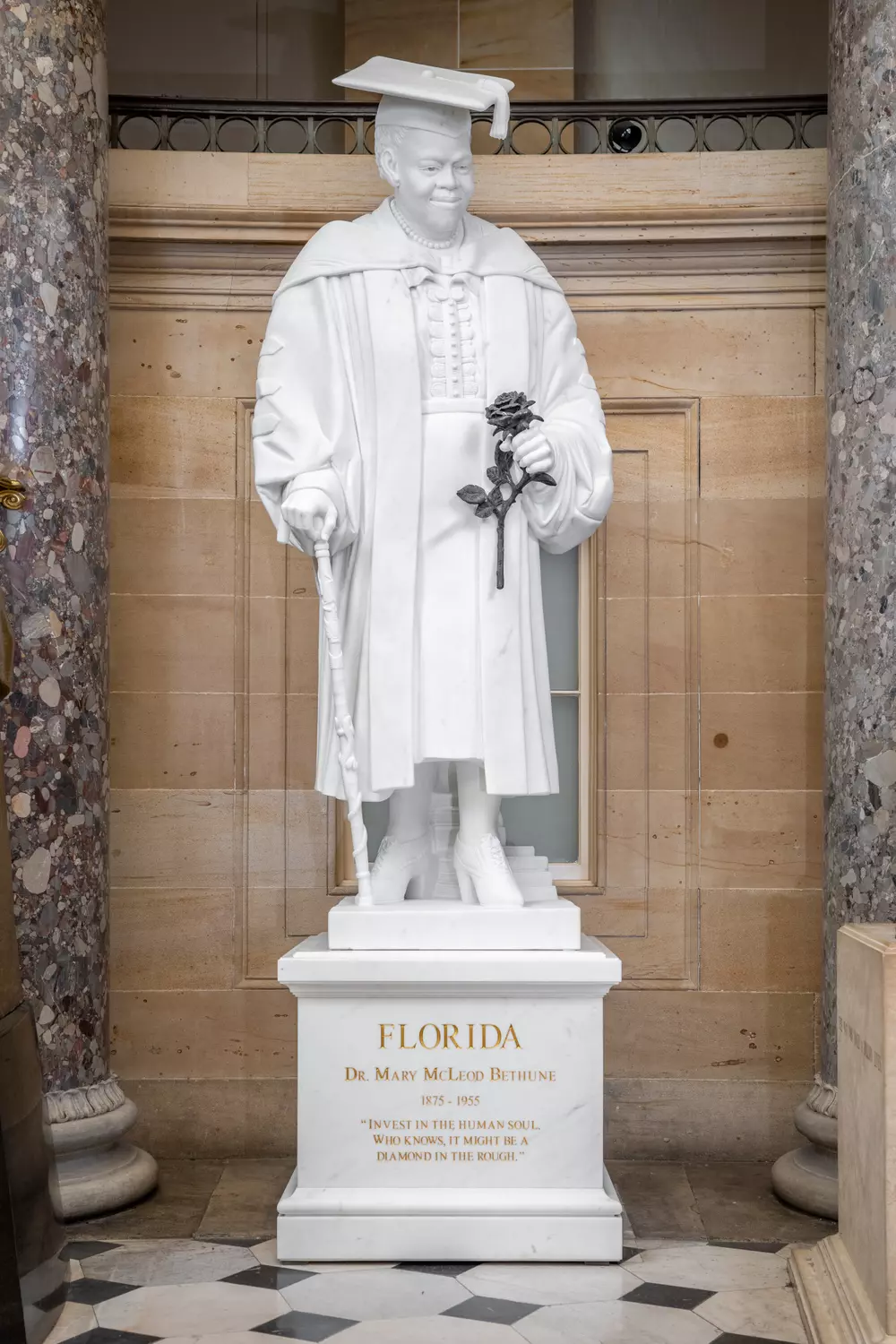
Accolades
In 1974, the Mary McLeod Bethune Memorial was erected in Washington D.C’s Lincoln Park becoming the first memorial to honor an African American built on public land in the capital, and it was the first portrait statue of an American woman on a public site in the city. In July 2022, she became the first African American to be represented with a state statue in the National Statuary Hall Collection at the U.S. Capitol. She was also featured on a postage stamp in 1985. Her final residence in Daytona Beach, Florida, is a National Historic Site.

Final Years
After Bethune retired from overseeing the university, she remained active in various organizations. She mentored young people and, in 1953, established the Mary McLeod Bethune Foundation to promote her social and educational ideals. She died of a heart attack at her home on May 18, 1955.


